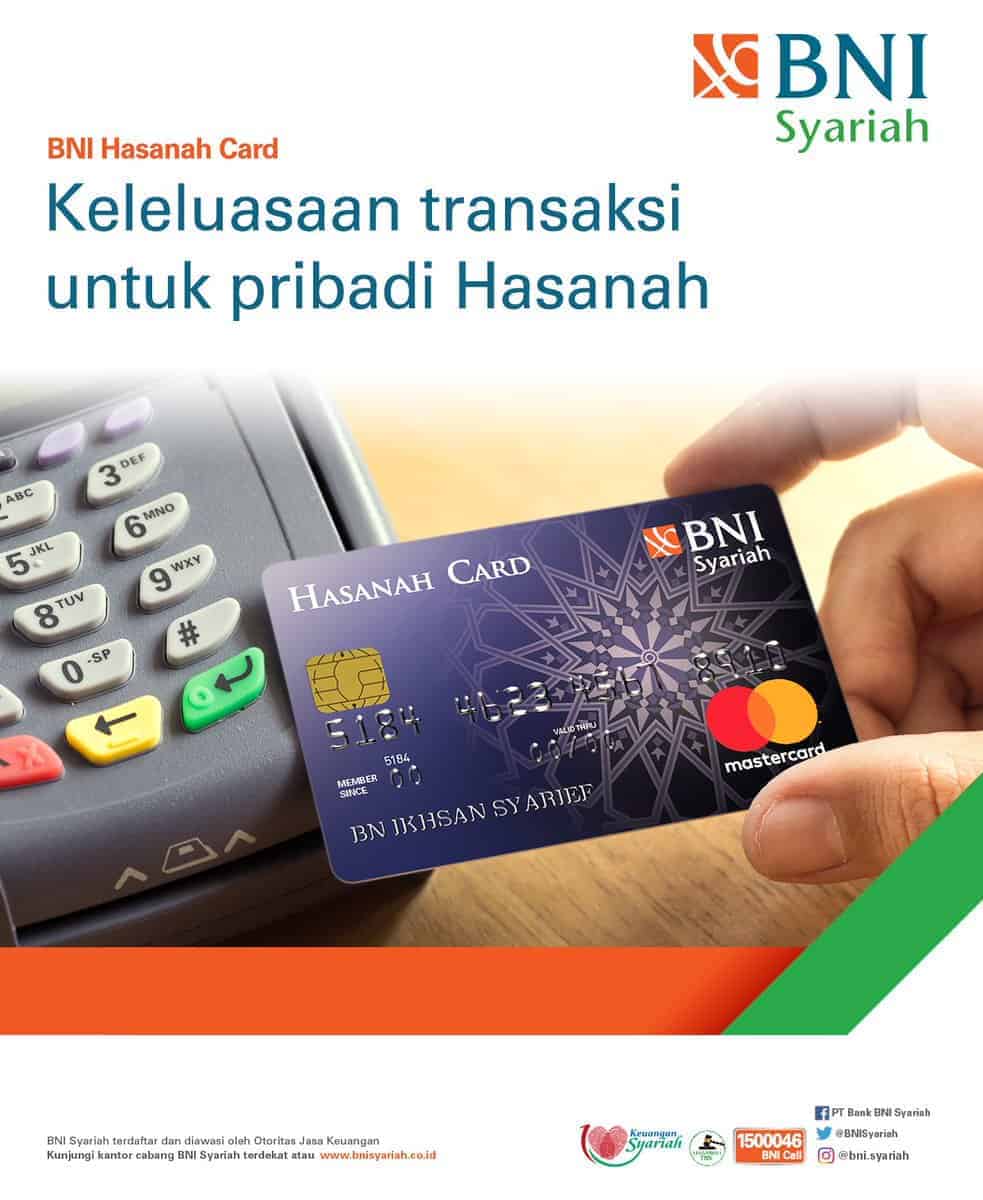
"What you have to know about sharia credit card."
You probably already know aside conventional financial institution, there is also sharia financial institution. Yes, the presence of Sharia-based financial institutions certainly gives 'fresh air' for some people who want financial or banking institutions based on Islamic laws.
Because of that, conventional financial institution also launched their sharia products for the people. One of them is sharia credit card. Yes, several Indonesian banks have released sharia credit cards. In the world of sharia-based banking, sharia credit cards is known as Bithaqah Al-I’timan. Functionally, this card does not have much difference with conventional credit card. It's just that the application of sharia credit card is based on Sharia laws.
Sharia credit cards have also been arranged in Fatwa Dewan Syariah Nasional – Majelis Ulama Indonesia (DSN-MUI) No. 54/DSN-MUI/X/2006, about sharia credit card. So what are the differences with conventional credit card?
1. Sharia Credit Card Issuer
The most distinguishing between sharia credit card with conventional credit card is of course the issuer. Conventional credit cards are issued by conventional banks, while Islamic credit cards are issued by sharia-based banks. Even so, many conventional banks today are also participating in launching their sharia version. Some of the well-known Indonesian sharia credit cards including iB Hasanah Card from BNI Syariah and CIMB Niaga Syariah Gold Card.
2. Using the Akad (Agreement) System
In sharia economic law, there is no interest system. In conventional banks, fines and interest will be charged to customers when it's time to pay credit card bills. While for sharia credit card, it does not use the interest system. Instead, the loan terms are regulated using a akad system. Akad is an agreement, or bond between the customer and the bank where there are sighat (Ijab Qabul) in accordance with applied and affected sharia to the object to be bound.
3. Determination of Fines
On sharia credit card, a fine system also applies. However, the amount has been determined at the beginning when customer applying for a credit card. The fine also called tawidh does not calculate fines based on the delay or the amount of the bill. Everything has been determined based on type of the card and the due date, including the amount already informed from the beginning.
4. Not Many Promos
Unlike conventional credit cards that often offers promos, sharia credit cards because they are based on sharia law, there are not many promos they have to offer. This is because the purpose of sharia credit card use itself is more specifically for productive transactions and truly useful for fulfilling basic needs.
5. Instalment Calculation
In conventional credit card, the instalment calculation component consists of debt and interest. Since sharia credit card do not recognize the interest system, it is replaced with a monthly fee. It is a monthly fee that has been adjusted to sharia credit card user limit.
The calculation itself is profitable because it depends on the rest of your debt for the month. Unlike the interest system on conventional credit card where the interest expense is based on the type of transaction their made in the previous month. With that way, the number of instalments each month will be smaller when compared to conventional credit card.














